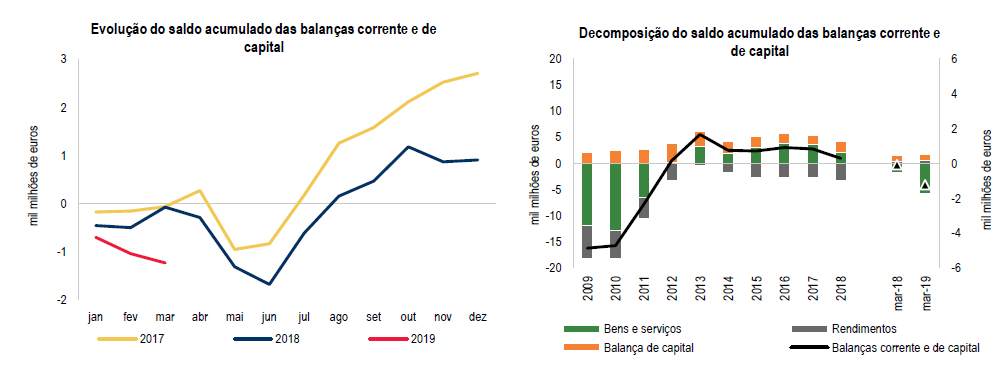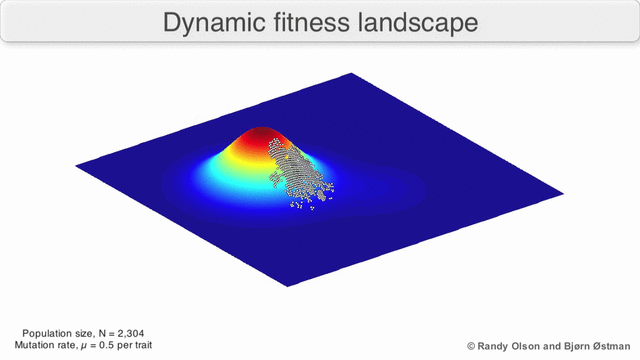“People are highly contradictory....Our very perception of the world is affected by context, which is why the rational attempt to contrive universal, context-free laws for human behaviour may be largely doomed.
...
Economic exchanges are heavily affected by context and attempts to shoehorn human behaviour into a single, one-size-fits-all straitjacket are flawed from the outset – they are driven by our dangerous love of certainty: However, this can only come from theory, which by its very universal nature doesn’t take context into account.
...
I hope it will free you slightly from the modern rationalist straitjacket, and help you understand that many problems might be solved if we abandoned the rationalist obsession with universal, context-free laws. Once free of this constraint, you might have the freedom to generate magical ideas, some of which may be silly but of which others will be invaluable."
Trechos retirados de "Alchemy: Or, the Art and Science of Conceiving Effective Ideas That Logical People Will Hate" de Rory Sutherland.





















